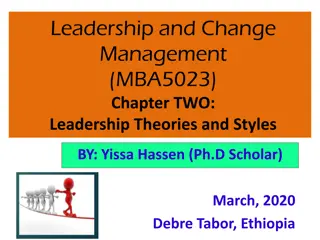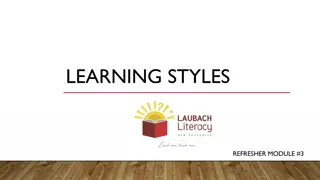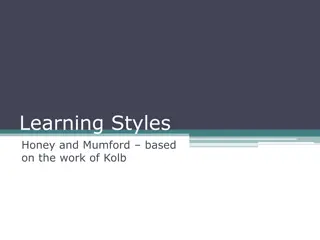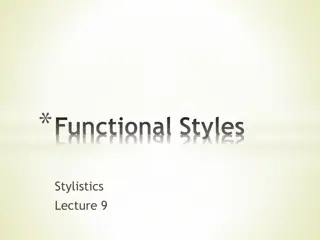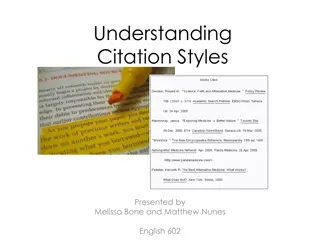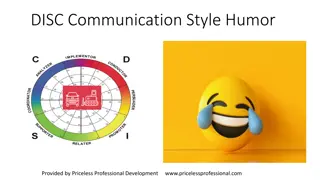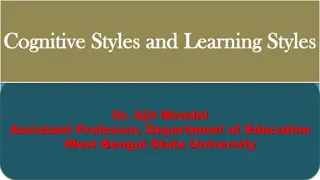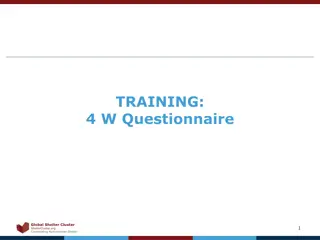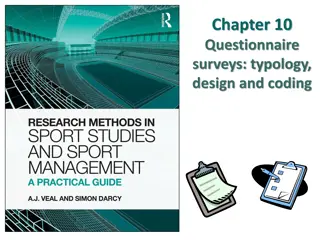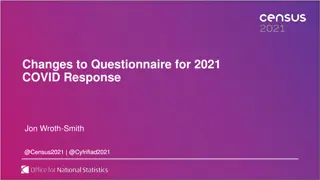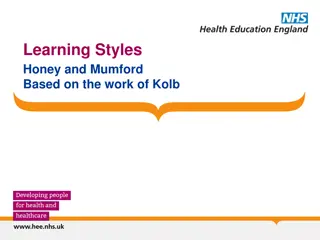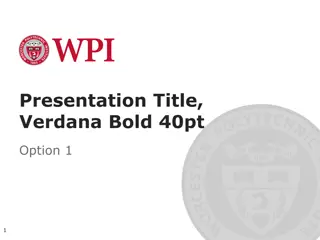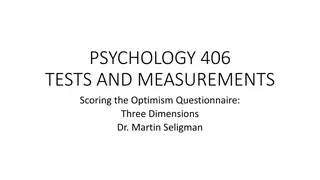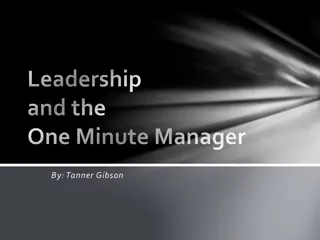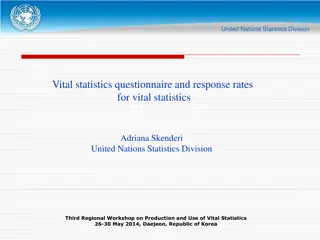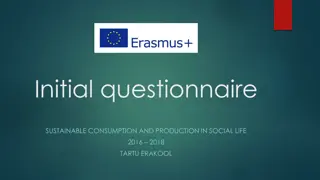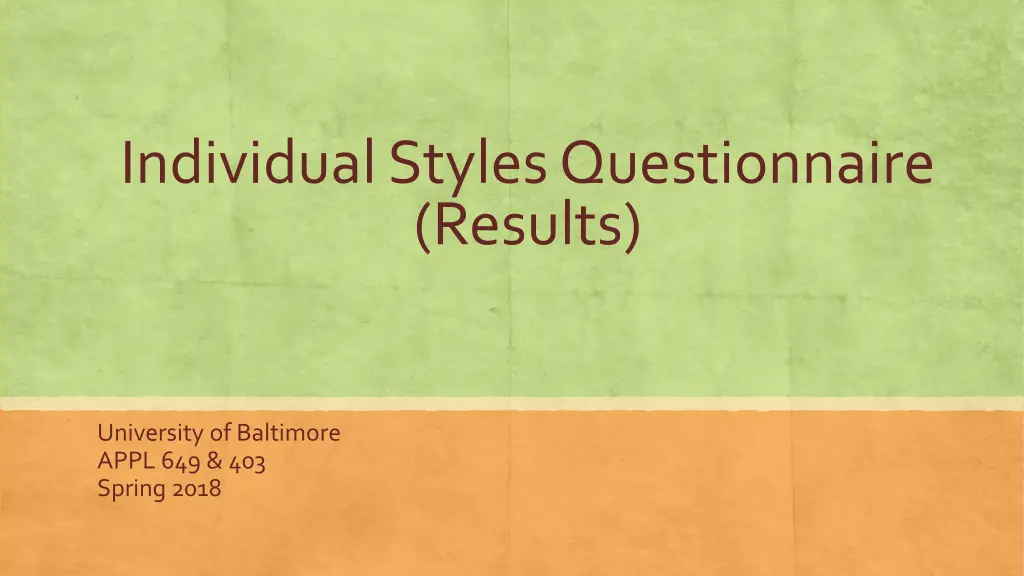
University of Baltimore Individual Styles Questionnaire Results
Explore the results of the Individual Styles Questionnaire from the University of Baltimore, assessing motivational orientations - Autonomy, Controlled, and Impersonal. Detailed insights into the strengths of different motivational orientations within individuals are provided.
Download Presentation

Please find below an Image/Link to download the presentation.
The content on the website is provided AS IS for your information and personal use only. It may not be sold, licensed, or shared on other websites without obtaining consent from the author. If you encounter any issues during the download, it is possible that the publisher has removed the file from their server.
You are allowed to download the files provided on this website for personal or commercial use, subject to the condition that they are used lawfully. All files are the property of their respective owners.
The content on the website is provided AS IS for your information and personal use only. It may not be sold, licensed, or shared on other websites without obtaining consent from the author.
E N D
Presentation Transcript
Individual Styles Questionnaire (Results) University of Baltimore APPL 649 & 403 Spring 2018
General Causality Orientation Scale (Deci & Ryan, 1985) This scale assesses the strength of three different motivational orientations within an individual. Controlled Autonomy Impersonal Each orientation are understood as relatively enduring aspects of personality. Each orientation is theorized to exist within each individual to some degree. Motivation
General Causality Orientation Scale (Deci & Ryan, 1985) Autonomy Orientation: High degree of experienced choice with respect to initiation and regulation of ones own behavior Autonomy Seeks opportunities for self- determination Less Controlled by extrinsic rewards Motivation
General Causality Orientation Scale (Deci & Ryan, 1985) Controlled Orientation: extent to which a person is oriented towards being controlled by rewards, deadlines, and the directives of others Controlled Seeks out, selects, or interprets events as controlling Relies on controlling events Motivation More controlled by extrinsic rewards
General Causality Orientation Scale (Deci & Ryan, 1985) Impersonal Orientation: experience one s behaviors as being beyond their internal control Views oneself as less competent and/or unable to master situations Impersonal Views behavior as initiated and regulated by impersonal forces rather than intentions Motivation
Descriptives N = 16, 5 Males & 11 Females Ages 19-34 (M = 22.75) Autonomy: M = 69.25 SD = 6.19 Controlled: M = 51.31 SD = 11.99 Impersonal M = 36.88 SD = 7.03 Averages Across Each Orientation 80 70 60 50 40 30 20 10 0 Autonomy Controlled Impersonal
Averages Across Gender 80.00 Females Males 70.00 70.91 65.60 60.00 Autonomy M = 70.91 M = 65.5 50.00 53.09 47.40 40.00 Controlled M = 53.09 M = 47.4 37.6 36.55 30.00 20.00 Impersonal M =36.55 M = 37.6 10.00 0.00 Autonomy Controlled Impersonal Female Male
Correlations Impersonal w/ Controlled ( r = -.37) Autonomy w/ Controlled ( r = .4) Impersonal w/ Controlled ( r = -.37) Autonomy w/ Controlled (r = .4) 55 80 50 70 45 60 Impersonal 40 Controlled 50 35 30 40 25 30 20 20 25 30 35 40 45 50 55 60 65 70 20 Controlled 50 55 60 65 70 75 80 Autonomy
Correlations (cont.) Impersonal w/ Controlled ( r = -.1) Autonomy w/ Impersonal (r = -.1) 55 50 45 Impersonal 40 35 30 25 20 45 50 55 60 65 70 75 80 85 Autonomy



